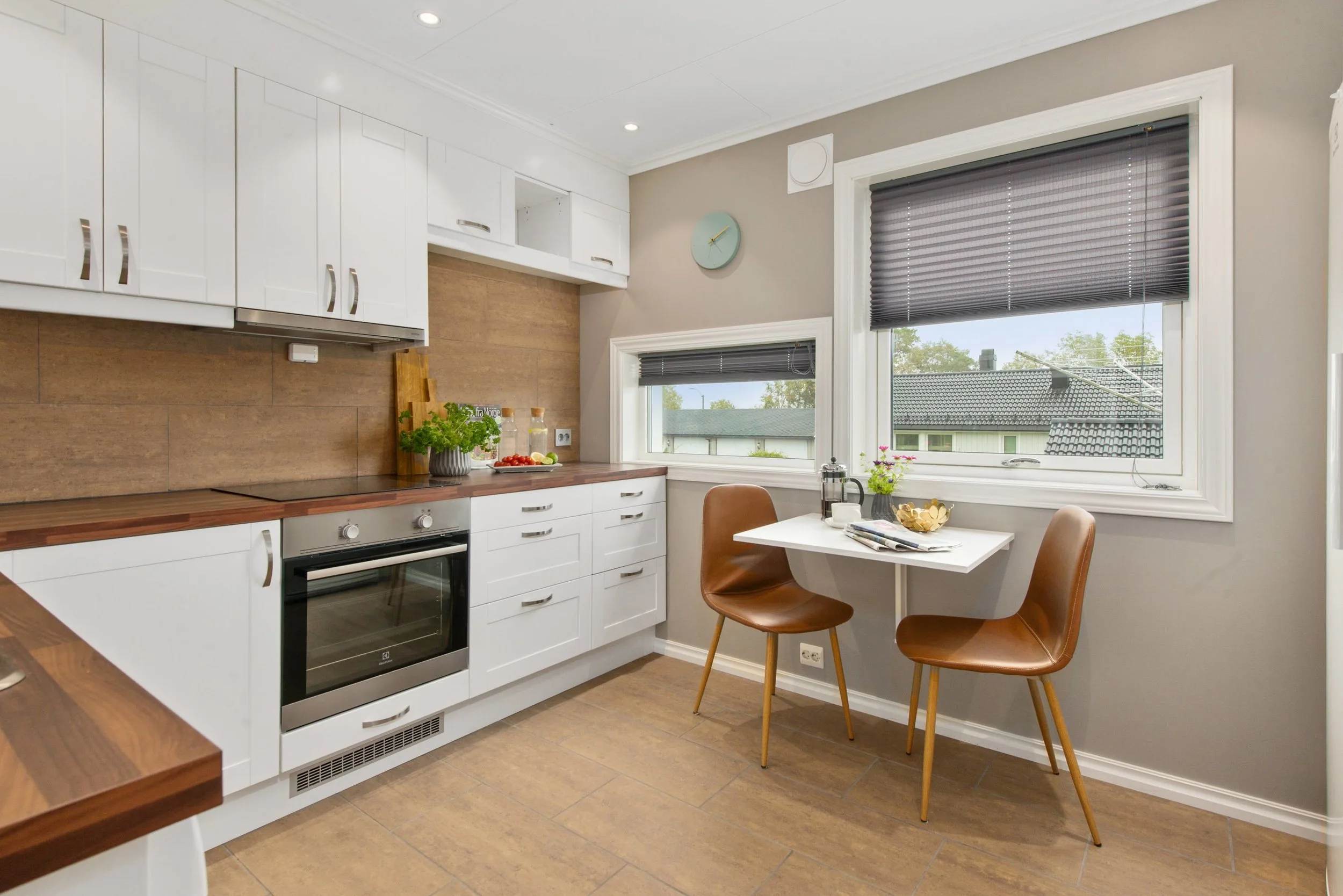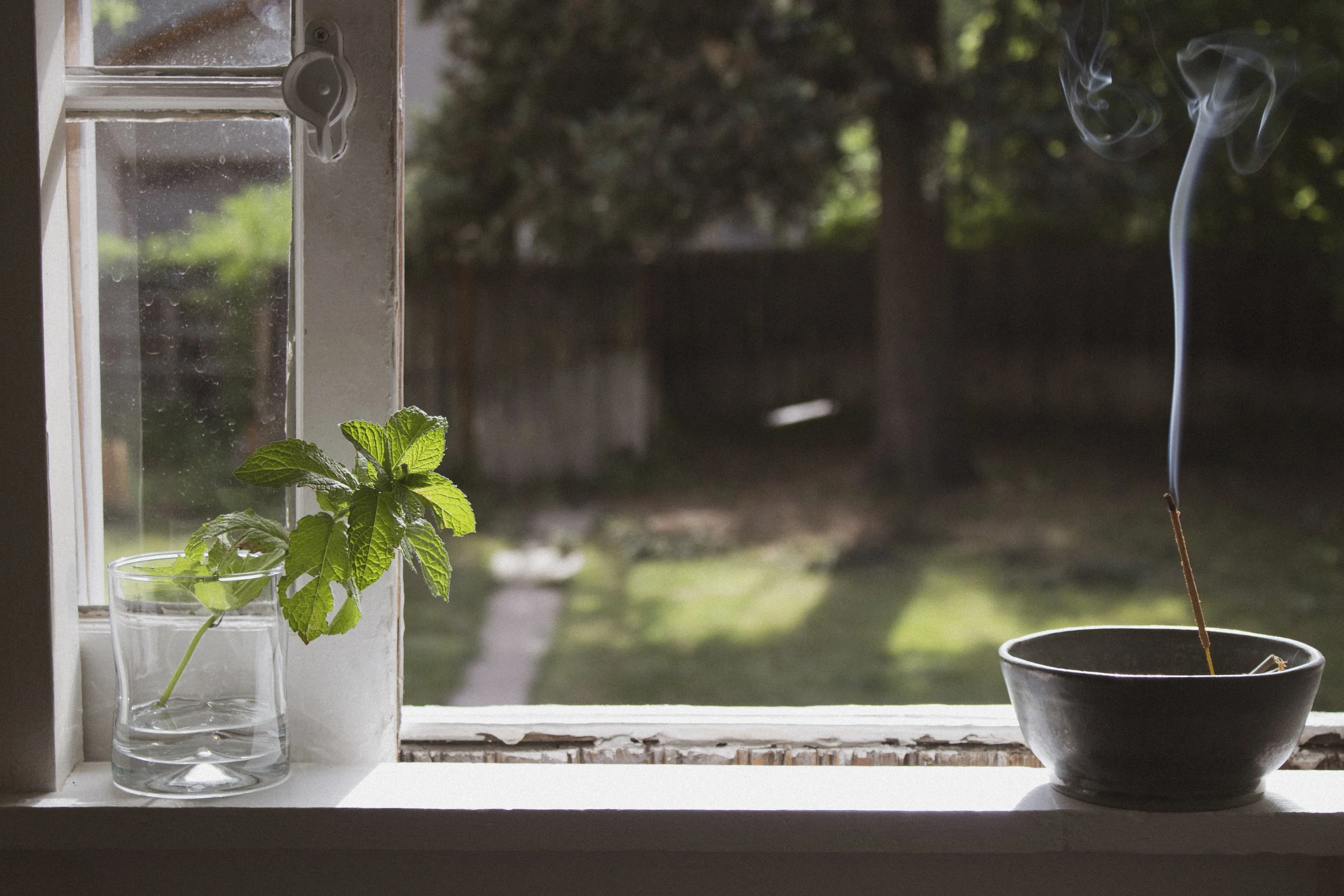The price of housing, the cost of living and countless bills being piled on top of countless bills, it’s harder now more than ever to get a leg up in the property market, particularly if you are within the Sydney and Melbourne metro regions. If you are a current land owner looking to maximise on your property or simply struggling to take the leap onto the second property, there are options out there to explore before you think hope is lost. One thing that continually gets thrown across my desk as a project, is the humble granny flat; and a look into the reasoning behind this, it’s not hard to see why a secondary dwelling is fast becoming a standard across new and existing homes on the east coast of Australia. Take a look at my reasons why building a granny flat could be the next best thing you could do.
Clever Layout for a kitchen and integrated dining is a must for all Granny Flats
Existing Assets or building You might already own the house, there may be some additional unrequired backyard space, an larger than needed garage or run down garage in the wrong position. This is gold. Why? You already own these assets, so why go scrolling and swiping through hundreds of property ads for something already in your backyard. You have the canvas ready to make your art. I have seen many projects where an existing 60sqm garage has been transformed into a luxurious granny flat; in some cases the granny flat faces the secondary road frontage to give independent access to the street with no reliance on access via the side boundary. Another CAE project undertaken allowed a client to maintain their double garage and storage space and build a self-contained granny flat overhead on a new first floor. This was a massive result for the client who had a growing extended family with limited site area to use. Sometimes you just need the creativity with the fresh pair of eyes to lay out the options that have been staring at you the whole time without re-entering the property market.
High rental return So what do you really get out of the granny flat? Historically, Australians have used this archetype to house a growing extended family, aging parents or newlyweds in the early years of marriage. However, this took a turn approximately 10 years ago as the Global Financial Crisis hit so many families and the fear of the end of the mining boom became a reality. New legislations and development codes came into effect and for the astute investor and developers alike, the humble granny flat began to reinvent itself as a cash cow. Housing stock was diminishing and people viewed this “mini-house” as a viable option B to the great Australian dream. With a potential rental return of $400-$600 a week, it not only made sense, it made dollars, big ones.
Relatively low construction cost Consider that weekly rental return with the relatively low construction cost. Cost of construction is fickle subject and there’s certainly not a nominal figure that can be loosely applied on any site. With granny flats, you certainly get what you paid for and as far as rental goes, tenants are especially particular about finishes and features when compared to a standard home. I have seen transformations of existing buildings into a granny flats cost as low as $40k and up to $100k – these figures are purely market and owner expectation driven. For a knock-down rebuild, I have a lot of builder’s say they will not take on a project with a contract value of less than $110k. Across the board it is not uncommon to be priced $100-110k for a marketable granny flat you can be proud of. If I base return on that construction price, you could see a return in as a little as four years. The real value however, is added with the completion of the unit, where you have added tens if not hundreds of thousands to your property value.
That empty space in your backyard has all the potential to become a the best investment you ever made.
Quick turn around times Contracting the right architect, project manager and builder will ensure this process is quick. If you’re fortunate in qualifying for a complying development certificate, you will benefit from a 10 day approval process without the hassle and expense of going through your local council or the notification process of allowing over-zealous neighbours the input into your development. Your choice in consultant is crucial in this. Ideally, Crearte, as an example is well experienced to handle and understand the responsibility of turning around the design and approval process in a timely manner. This will ensure engineers, consultants and even the contracts of the build can commence to avoid a delays further down the track.
Housing family As mentioned above, historically the humble granny flat was a means of housing the extended family and this hasn’t necessarily changed in Australia. We still have a culture of raising and housing children beyond adulthood. This culture is strong to the point it is also not uncommon for married children to live in the same premises as the parents. Weather in a self-contained room within the primary dwelling or through the granny flat; the additional space is paramount for the growing family. It could give teens a retreat away from parents- or parents a retreat from teens; or perhaps give the newlywed couple the opportunity to live and save whilst living in the granny flat for free or a discounted weekly rental rate.
Airbnb From the traditional to the modern, let’s not forget about the ability of putting up the granny as accommodation on Airbnb or the like. This is especially beneficial for properties located very close to major public transport links, landmarks or places of employment. This can be seasonal and inconsistent for those seeking a quicker return on investment. It may be considered worthwhile if the granny flat is casually occupied for personal purposes or the like and empty for extended periods of time between uses- but the higher daily rental rate on Airbnb may well make up for this. It is certainly an option and should be considered with personal circumstance.


